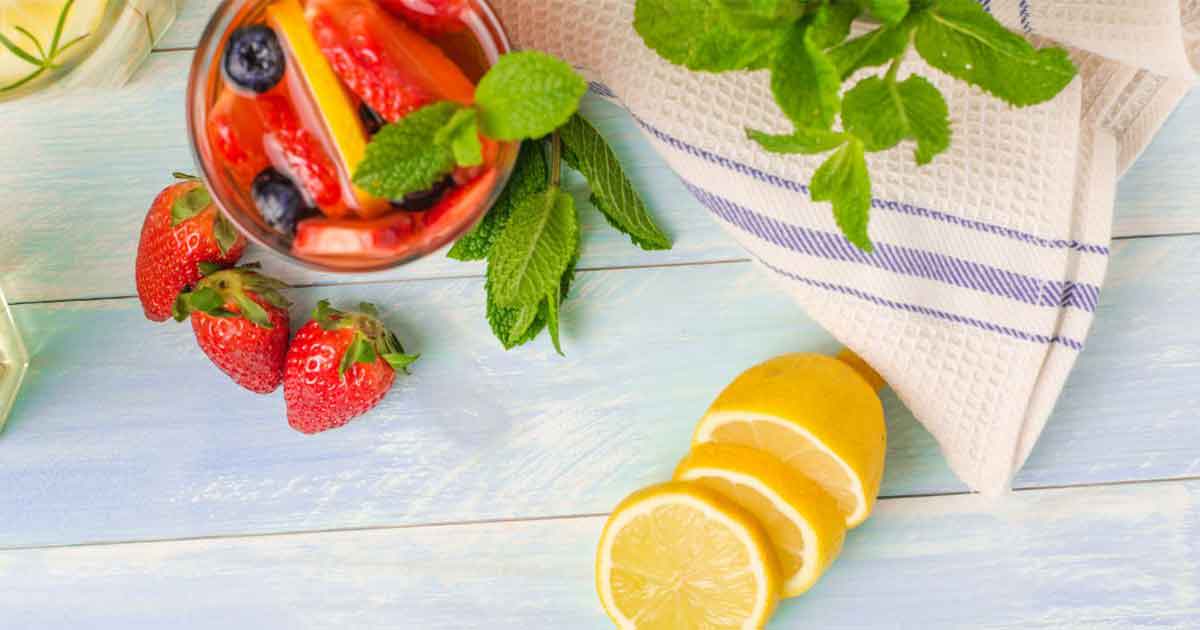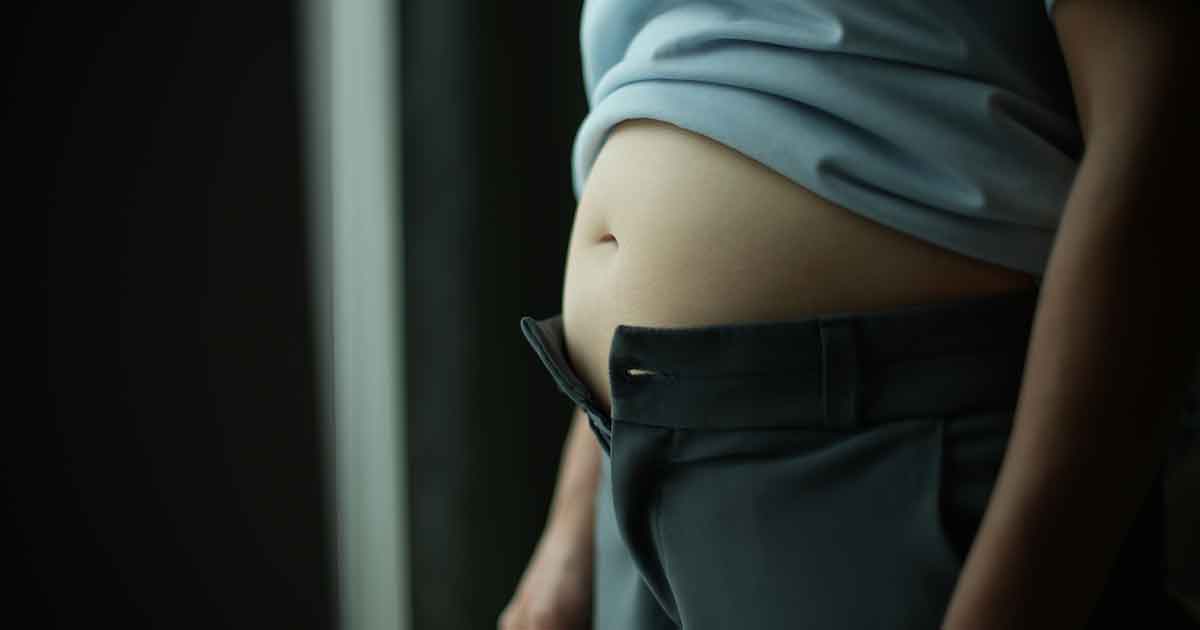True Cellular Formulas Team - December 17, 2024
Rethinking Shampoo
Is It Really Helping Your Hair?

Most of us use shampoo without question, but have you ever wondered if it’s truly necessary? Many are now rethinking the role of shampoo in their hair care routines and for good reason. Far from being a simple cleanser, shampoo may do more harm than good for your scalp, hair, and overall health.
The Shampoo Cycle: Stripping and Overproducing Oil
Shampoo uses surfactants, chemical compounds that break down oils and dirt. While this effectively cleans your hair, it also strips away sebum, your scalp’s natural oil that protects and moisturizes hair. Without sebum, your scalp goes into overdrive to compensate, producing even more oil. This creates a frustrating cycle—your hair feels greasy faster, so you wash more frequently, exacerbating the problem. Over time, this constant stripping of oils can leave your scalp irritated and unbalanced while your hair becomes dry, brittle, and more prone to breakage. Disrupting your scalp’s natural balance can also affect its microbiome, the beneficial bacteria supporting healthy hair growth.[1]
The Hidden Dangers in Shampoo and Conditioner
Conventional shampoos and conditioners often contain ingredients that may harm more than just your hair. Sulfates, such as sodium lauryl sulfate, are detergents that create the foamy lather many associate with cleanliness. However, sulfates are harsh and can cause dryness, irritation, and even scalp damage.[2]
Parabens, used as preservatives, have been linked to hormone disruption and may contribute to long-term health risks. Silicones, found in many conditioners, provide temporary smoothness and shine by coating the hair, but they can build up over time, weighing hair down and causing dullness. Fragrances, which sound harmless, often hide a mix of synthetic chemicals linked to allergies, skin irritation, and hormone disruption. Additionally, many shampoos contain phthalates, known endocrine disruptors that can interfere with hormone function. Some even release formaldehyde, a known carcinogen, through preservatives like DMDM hydantoin.[2]
What Happens When You Stop Using Shampoo
When you ditch conventional shampoo, your scalp and hair undergo a reset. This process, often called the "no-poo" method, allows your scalp to regulate oil production naturally. While the transition period may leave your hair feeling greasier than normal, it’s temporary. Over time, your scalp produces just the right amount of sebum, leaving your hair balanced, hydrated, and stronger. Many who stop using shampoo report softer, shinier hair that’s easier to manage without needing extra products. By cutting out shampoo, you also reduce your exposure to harmful chemicals, a significant benefit for long-term health.[3]
DIY No-Poo and Conditioner Recipe
Switching to a natural alternative is simple and affordable. Try this two-step method to cleanse and condition your hair without harmful ingredients.
No-Poo Recipe (Baking Soda Wash):
- 1 tablespoon baking soda
- 1 cup warm water
Mix and apply to your scalp, massaging gently. Rinse thoroughly.
Conditioner Recipe (Apple Cider Vinegar Rinse):
- 1–2 tablespoons apple cider vinegar
- 1 cup warm water
- Mix and pour over your hair, focusing on the ends. Rinse with cool water.
The Bottom Line
Eliminating shampoo might seem unconventional, but it can lead to healthier hair and a balanced scalp while reducing exposure to harmful toxins. Whether you’re looking for softer hair or a cleaner lifestyle, skipping shampoo could be the first step toward a more natural approach to hair care.
- Draelos, Zoe D. “Essentials of Hair Care Often Neglected: Hair Cleansing.” International Journal of Trichology, vol. 2, no. 1, 2010, pp. 24–29.
- Gavazzoni Dias, Maria Fernanda Reis. “Hair Cosmetics: An Overview.” International Journal of Trichology, vol. 7, no. 1, 2015, pp. 2–15.
- Punyani, Supriya, et al. “The Impact of Shampoo Wash Frequency on Scalp and Hair Conditions.” Skin Appendage Disorders, vol. 7, no. 3, Apr. 2021, pp. 183–93.



